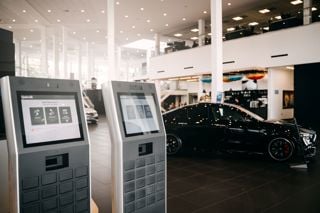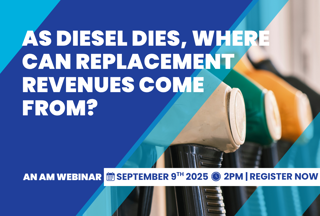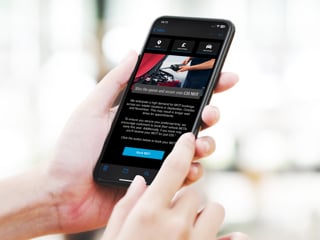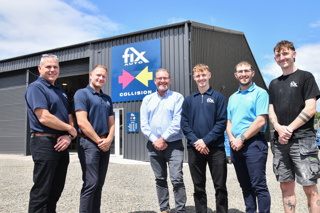The second reason was improved efficiency. “Instead of washing by hand, the engineer who takes the car out for a road test simply drives into our car wash on his return, and while it is being washed he prepares his road test report and any other paperwork that is necessary. It really is a tremendous time-saver,” said Browning.
Kärcher has been supplying equipment to the motor industry for 15 years, primarily rollovers similar to those seen on petrol forecourts. Customers include Sytner with about 30 machines and Robins and Day with 15. It’s also a supplier to car manufacturers for fleet and media prepping and testing production-fresh vehicles for water leaks.
Cleaner cars can be a way to upsell SMART repairs
Peter Spencer, MD of Kärcher’s washing systems division, said that, depending on volume, purchasing pay-back in terms of savings on manual labour could be expected between 24 to 36 months, with a machine life of 10 years.
In what he described as a “significant development”, Kärcher is looking into the idea of a “sold valet service” to dealership customers, marketed under the Kärcher brand.
Perversely, the cleaner the car, the more it will highlight any scuffs or dents, which presents another opportunity for dealers to improve their revenue stream, this time through SMART repair.
Mark Mitchell said there was no significant customer-driven demand for this service, but when it was offered, take-up was about 75%.
Mark Llewellyn, managing director of SMART provider Revive!, said that although dealers were aware of the benefits of this repair technique through used car prep, it hadn’t been widely adopted as an add-on option for retail customers.
“There are opportunities when a car is in for service, an MoT, or at trade-in,” said Llewellyn. “Trade-in time is especially relevant. Instead of a salesperson taking a negative approach on value because of damage, there can be a more positive ‘Look, if you have these repairs carried out, it will add x amount of pounds’.


















Login to comment
Comments
No comments have been made yet.